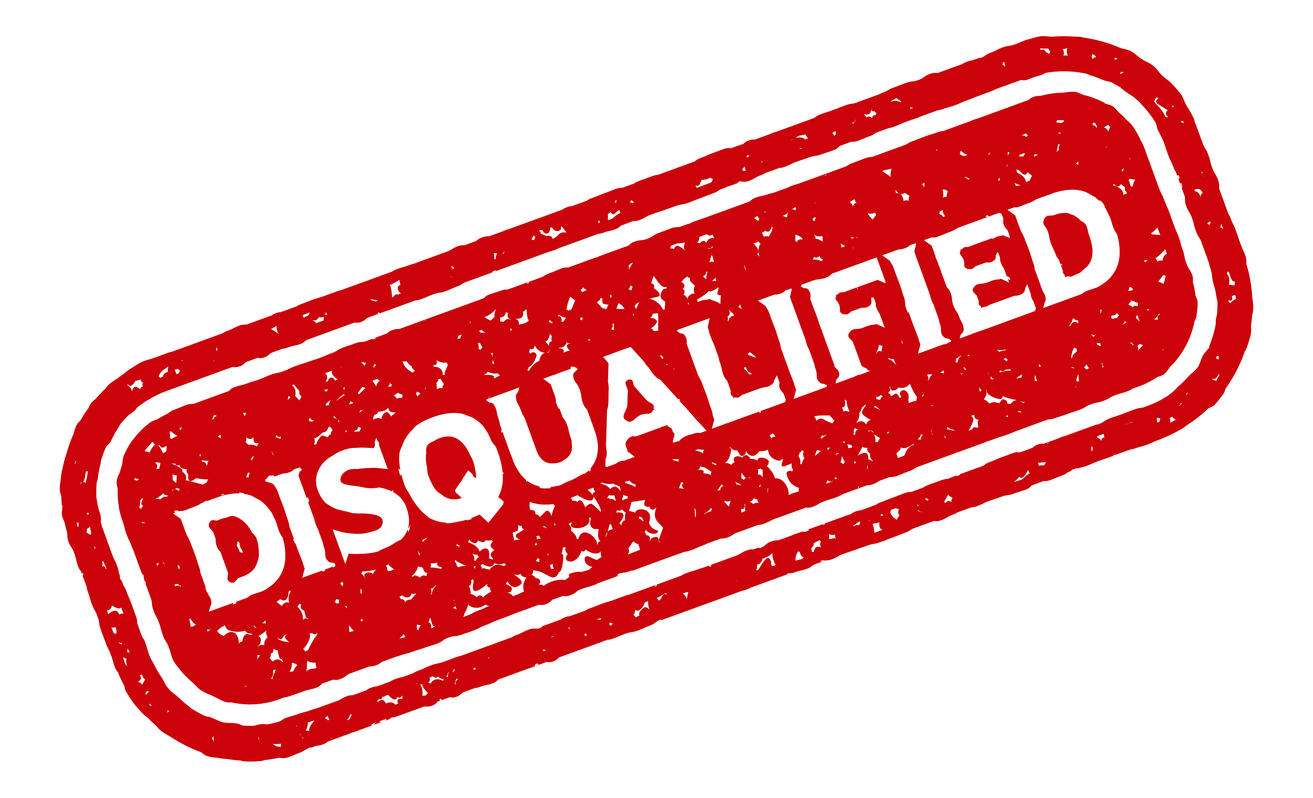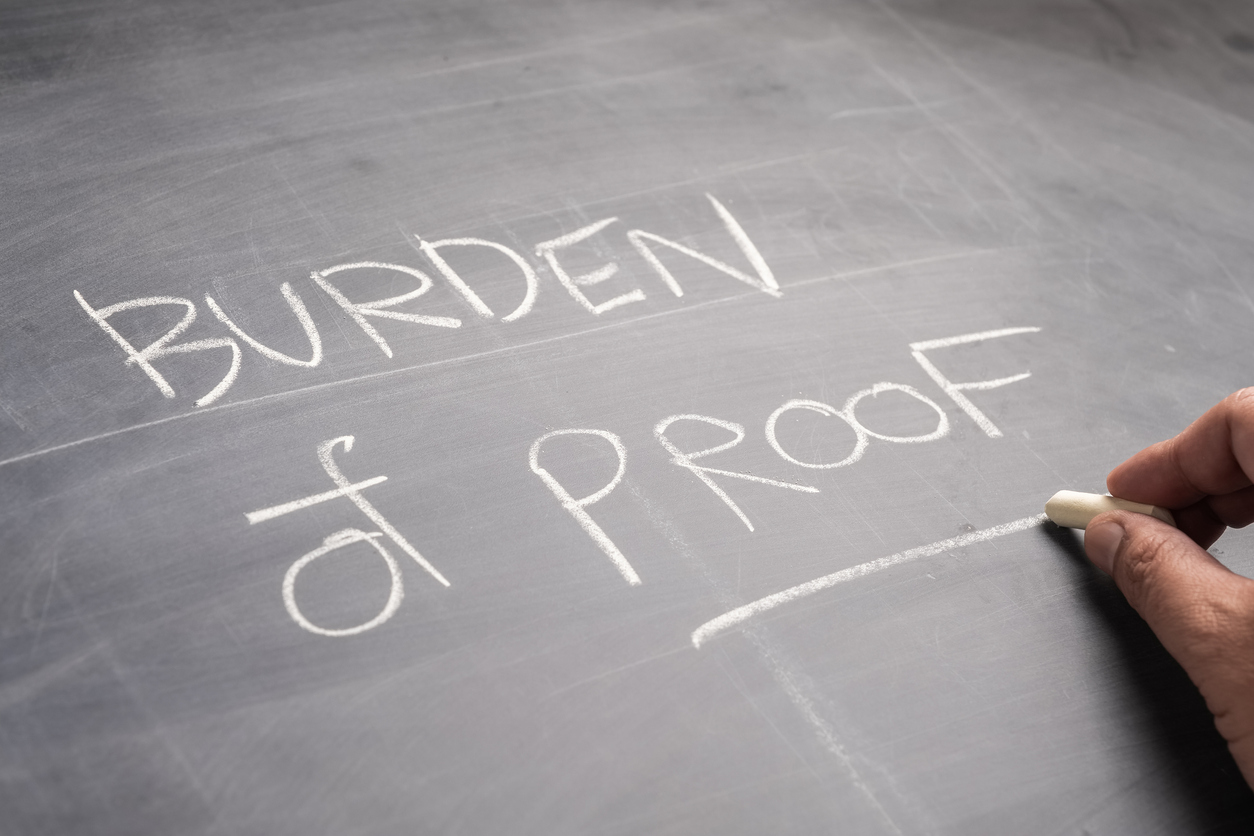I suppose a lot of professions are cyclical. In my 25 years if practice I have sometimes found that I will go years without getting certain types of cases and then I will get two or three all at once. Lately, I have been asked to look at cases where the carrier is claiming that the policyholder breached post-loss duties under the policy (other than prompt notice). The argument is that the policyholder has failed to cooperate with the carrier’s investigation of the claim.1 Mainly the policyholders are accused of not submitting to an examination under oath (EUO).
All insurance policies have a laundry list of duties the policyholder must comply with to assist the carrier to determine coverage. Generally some of the policyholder post-loss duties include:
- Give carrier prompt notice of claim;
- Notify police in case of loss by theft;
- Protect property from further damage;
- Prepare inventory of damaged personal property;
- Send carrier a signed and sworn proof of loss; and
- “As often as [the carrier] reasonably requires:
- Show the damaged property;
- Provide records and documents; and
- Submit to examination under oath and sign it
In researching some cases on this topic I ran across In Re Cypress Lloyds.2 Martinez (the policyholder) sued Cypress Lloyds after Cypress Lloyds had investigated and paid the claim. After suit was filed Cypress Lloyds demanded that the Martinez submit to an examination under oath. Martinez refused. Cypress Lloyds filed a motion to abate the case until it had an opportunity to take the Martinez’ EUO. The trial court denied the motion to abate. Cypress Lloyds filed a mandamus to the appellate court. The court of appeals affirmed the trial court’s decision
In this case, Cypress concluded its investigation and paid Martinez’s claim, and Martinez filed suit against Cypress before Cypress requested that she submit to an examination under oath. The insurance policy requires that Martinez “must,” as often as Cypress “reasonably require[s],” “submit to examination under oath and sign and swear to it.” However, based on the plain language of the contract, the insured’s duties under the contract exist during the investigation of the claim, and nothing in the contract suggests that these duties continue after disposition of a claim.
Therefore, a policyholder’s post-loss duties end after the carrier has investigated a claim and paid, partially paid, or denied the claim. After that point in the claims process there is no duty for the policyholder to submit to an EUO.
1 I also notice trends in the excuses carriers use to try to deny claims. “Prompt notice” has been the latest favorite of the insurance industry. I sense the new trend will be to very strictly interpret the policyholder’s other post-loss duties and accuse the policyholder of breaching them. It reminds me of the Soup Nazi on Seinfeld… “No policy for you!!”
2 In Re Cypress Lloyds, 437 S.W.3d 1 (Tex. App.—Corpus Christi 2011, no writ).



